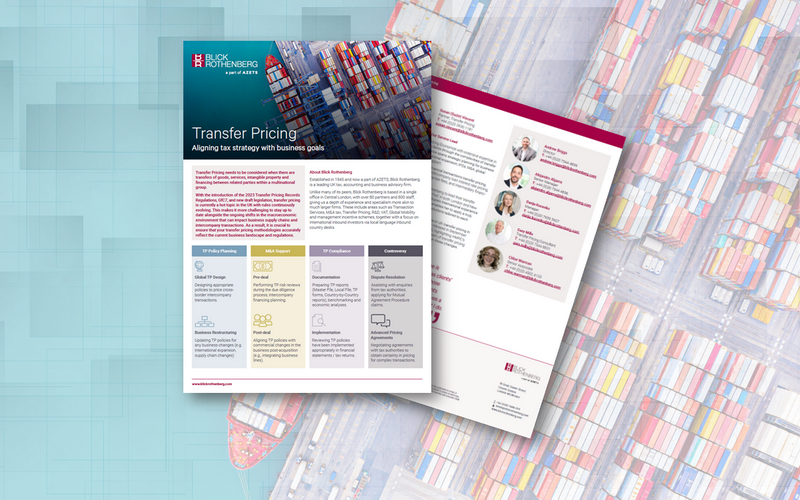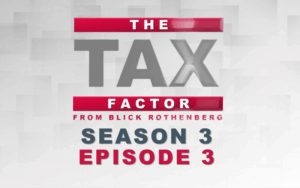ERS – Updated Employment Related Securities reporting
HMRC are increasingly approaching UK companies to determine the correct tax reporting and treatment is being followed in areas such as ERS reporting
14 May 2025 | Author: Simon Gleeson
HMRC are increasingly approaching UK companies to determine the correct tax reporting and treatment is being followed in areas such as Employment Related Securities reporting
Why is it relevant?
There is an annual reporting requirement for companies that have awarded ERS, or the right to acquire such securities, to their UK-based employees and directors. ERS is widely defined and includes shares, stocks, share options, restricted stock units and any other interest in shares.
Employers have an obligation to inform HM Revenue & Customs (HMRC), enabling them to maintain, and potentially examine, records of employees who have been awarded shares or other securities by reason of their employment.
Even if an employee has paid the full market value for the ERS, the transaction may still be reportable. As well as the acquisition of ERS, other so called ‘reportable events’, such as changes to the rights of shares, are likely to be within the scope of the reporting requirements.
Who is it relevant to?
Companies that have awarded ERS, or the right to acquire such securities, to their UK-based employees and directors, but also overseas employees and directors who have performed duties in the UK.
What do you need to know?
Online returns of reportable events in the 12 months to 5 April 2025, are required for each type of share plan operated by the company, including tax-advantaged plans, and is due by 6 July 2025.
Reportable events include:
- The grant and exercise of share options
- The award of shares, restricted stock units and other securities
- Changes to the rights of securities
- Disposals at more than market value
- Cancellation or lapses of share options
The return should be submitted and completed through HMRC’s online portal. If you have not been required to submit returns previously, be aware that registering with the portal can be a lengthy process, so we would recommend getting in touch as soon as possible. If you have previously submitted returns, then you will need to submit a ‘nil’ return even if there were no reportable events this year.
Penalties will be levied by HMRC if a return is not filed by 6 July 2025 – Fines can be as follows:
An automatic penalty of £100 applies if you miss the filing deadline of 6 July following the end of the tax year in which the reportable event occurred.
A further automatic penalty of £300 applies if the return is still outstanding 3 months after the deadline.
A final automatic penalty of £300 applies the return is still outstanding 6 months after the deadline.
There are also provisions that allow HMRC to apply a discretionary penalty of £10 a day, however this is unusual and so in normal circumstances we would expect penalties to be no greater than £700 per missed ERS filing.
Would you like to know more?
If you would like to discuss any of the above, please speak to your usual Blick Rothenberg contact or Simon Gleeson using the form below.
Contact Simon

You may also be interested in

Transfer Pricing – Aligning tax strategy with business goals – Flyer

Lifetime ISA: Why Reform Is Overdue in the Autumn Budget













